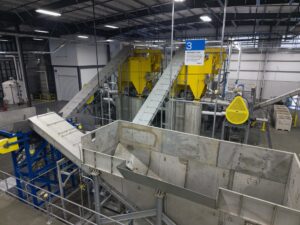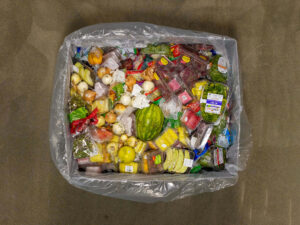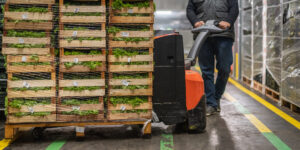November 28, 2023
Originally published in Forbes, November 28, 2023.
With its vast scale and numerous stakeholders, the food industry faces unique challenges in environmental impact measurement. The U.S. alone has two million farms, 60,000 grocery stores, and 750,000 restaurants, making it difficult to track the lifecycle of food from production to consumption. The final and most complex part of this lifecycle is the consumer stage, where food waste occurs, consisting of 124 million households in the U.S. alone.
Investments from both private and public sectors are being made to improve the food supply chain, but fragmentation of the food supply chain remains a major obstacle. Tools and technologies, like life cycle assessments (LCA) can analyze factors and environmental burdens associated with a product across production, processing, packaging, transport and retirement—resulting in a holistic picture of the impact food has on the environment and Internet of Things (IoT) solutions that enable real-time monitoring of food and beverage shipments across the supply chain, have been developed to monitor and measure the journey of food. However, gaps still exist due to food supply chain fragmentation.
How Can We Drive Progress and Catalyze Transformation
Practical applications and solutions, such as monitoring food from its point of growth to expiration, to create a more circular food system are essential to minimize waste and value resources. Adopting a life cycle thinking approach and accurately measuring the impact of food can lead to a more sustainable supply chain, reduce waste, and help save the planet.



